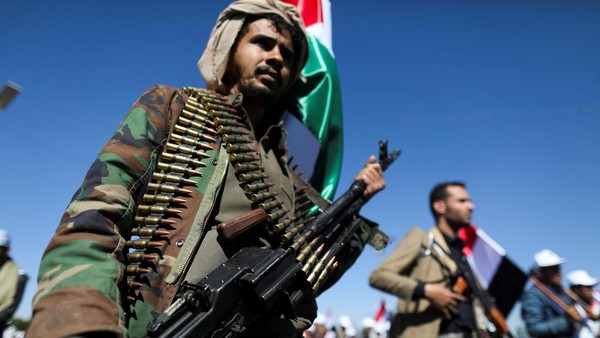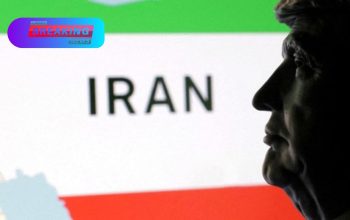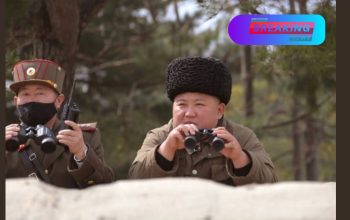Yemen’s Houthi-controlled court has handed down death sentences to 17 individuals, accusing them of spying for foreign powers including the United States, Israel, and Saudi Arabia.
A Harsh Verdict in Sanaa Yemen
According to Houthi-run media, prosecutors alleged that the group had worked in coordination with intelligence operatives from the US, Britain, Saudi Arabia, and Mossad, Israel’s spy agency. Al Jazeera+2The National News+2
The court accused the defendants of divulging sensitive information — including the movements of Houthi leadership, missile sites, and other military positions — which, prosecutors said, enabled attacks on both civilian and government targets. The Journal
Wider Crackdown Underway
This decision comes amid a broader security crackdown by the Houthis, who in recent years have intensified surveillance and detentions of individuals they accuse of collaborating with hostile nations. The Washington Post
Lawyer Abdulbasit Ghazi, representing some of those convicted, confirmed that the verdict can be appealed. The Journal
In the same set of trials, a man and a woman received 10-year prison terms, while one individual was acquitted. Al Mayadeen English
Accusations and Allegations Yemen
According to Houthi prosecutors, the accused used encrypted devices, camouflaged cameras, and location-tracking apps to transmit intelligence. Yahoo
The court further claimed that this network contributed to “the destruction of infrastructure” and loss of life. The National News These are serious accusations that paint the dissent as deeply embedded in global intelligence operations.
International and Regional Implications
Observers say the move is more than a domestic security case — it highlights how the Yemeni conflict has become entangled with international geopolitical struggles. The Houthis, backed by Iran, have repeatedly launched drone and missile attacks linked to the Gaza war, and Western countries have in turn responded with strikes and sanctions. Al Jazeera+1
Concerns Over Due Process
Rights groups have raised alarm over whether the accused received fair trials. Independent legal observers note that in Houthi-controlled areas, judicial systems operate under tight political oversight, with limited transparency.
Potential Fallout
- Humanitarian Impact: If the executions are carried out, the decision could further destabilize Yemen, where the civilian population is already suffering from prolonged conflict, famine, and lack of services.
- Diplomatic Repercussions: Countries named in the allegations — notably the United States, the UK, Saudi Arabia, and Israel — may publicly reject the verdicts, potentially escalating diplomatic friction.
- Internal Power Play: The harsh sentences may also be part of a broader effort by the Houthis to consolidate power, by deterring inside collaborators and signaling strength to local and external actors.
What’s Next
Legal representatives have stated their intent to challenge the rulings.
International bodies and human rights organizations may monitor the case closely, calling for due process and transparency. Meanwhile, Yemen’s war-weary population watches anxiously: another wave of high-stakes judicial measures could inflame existing tensions.



